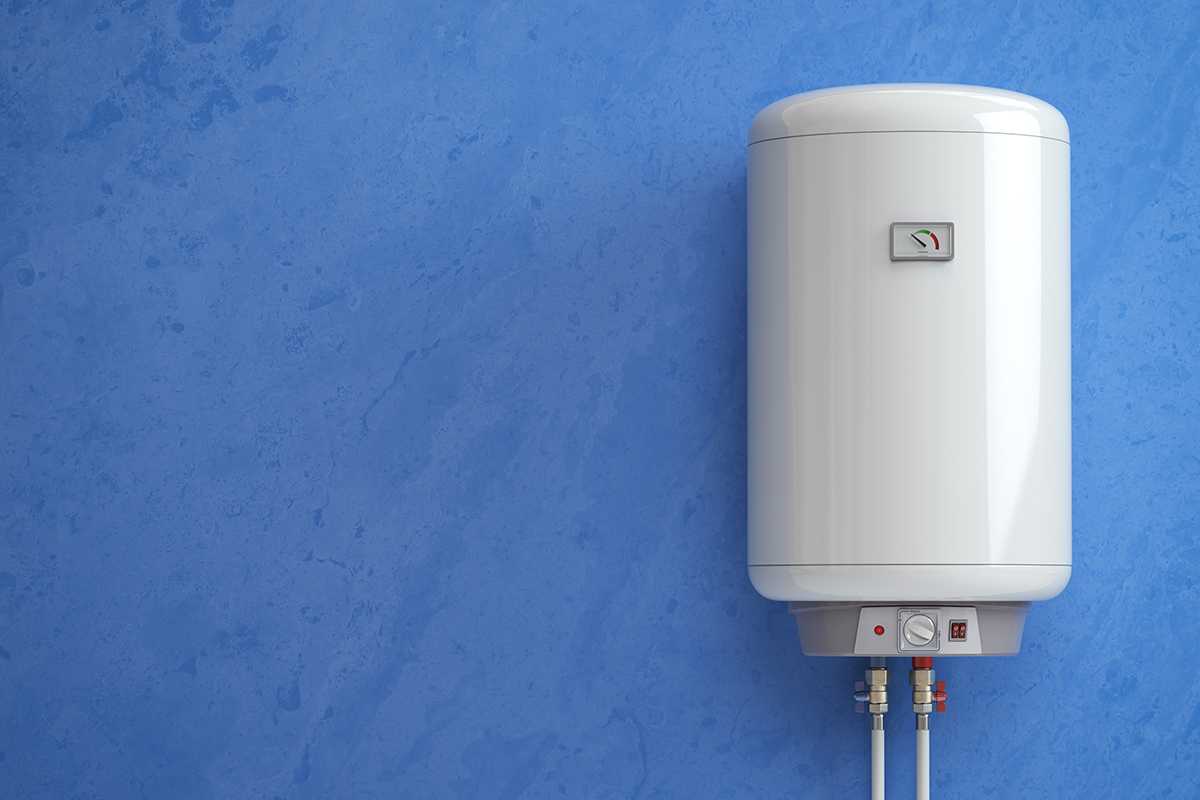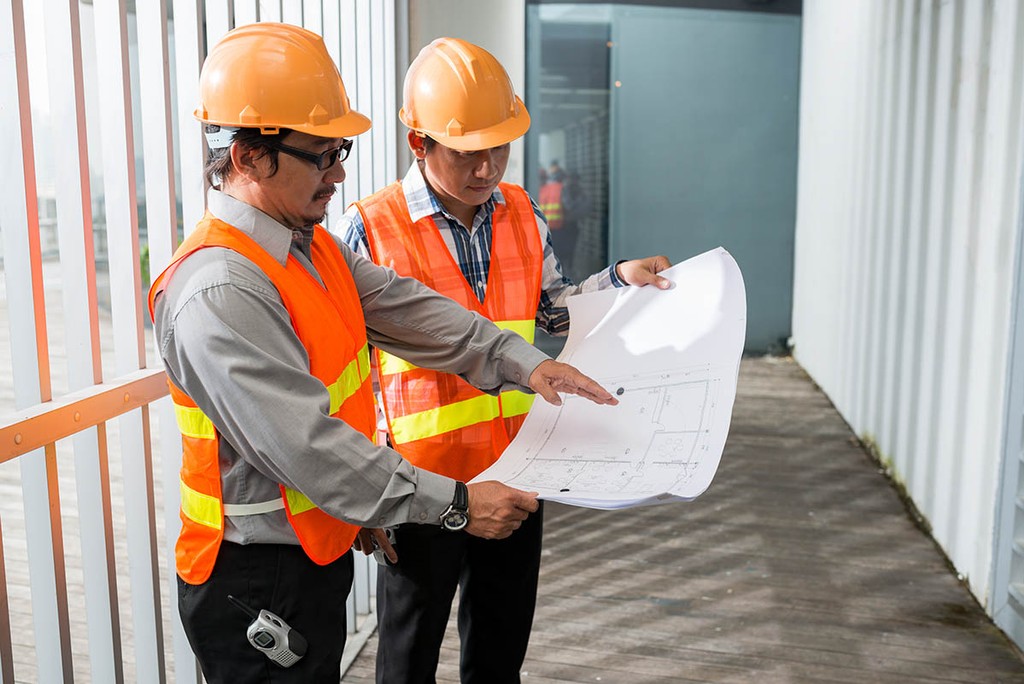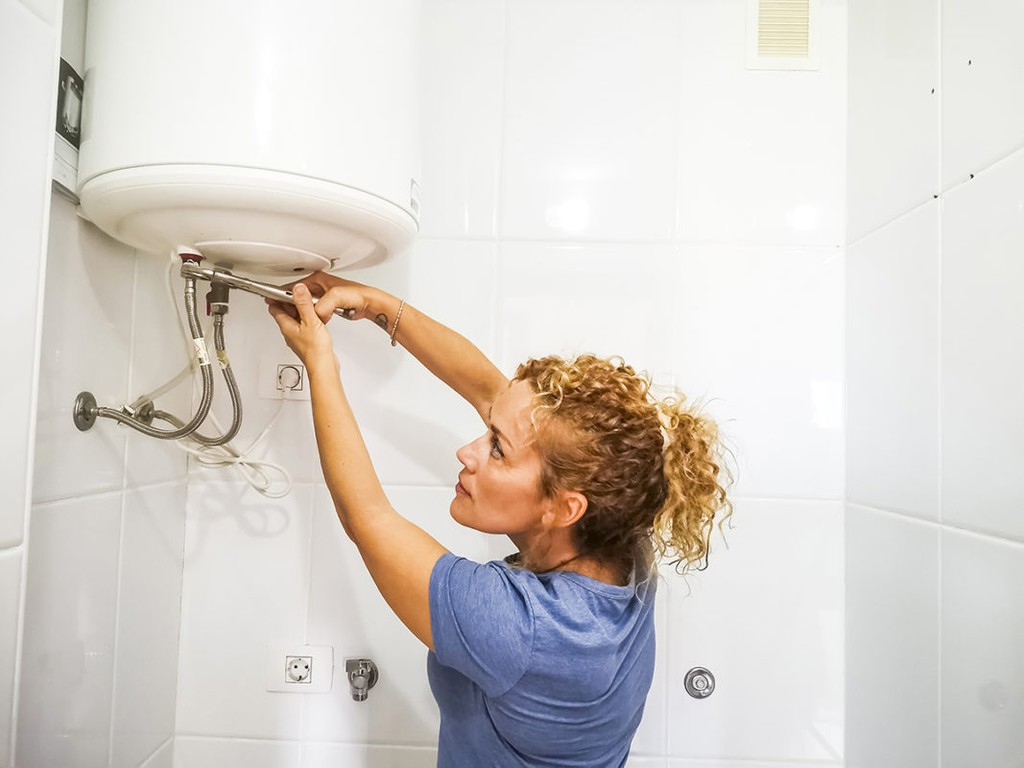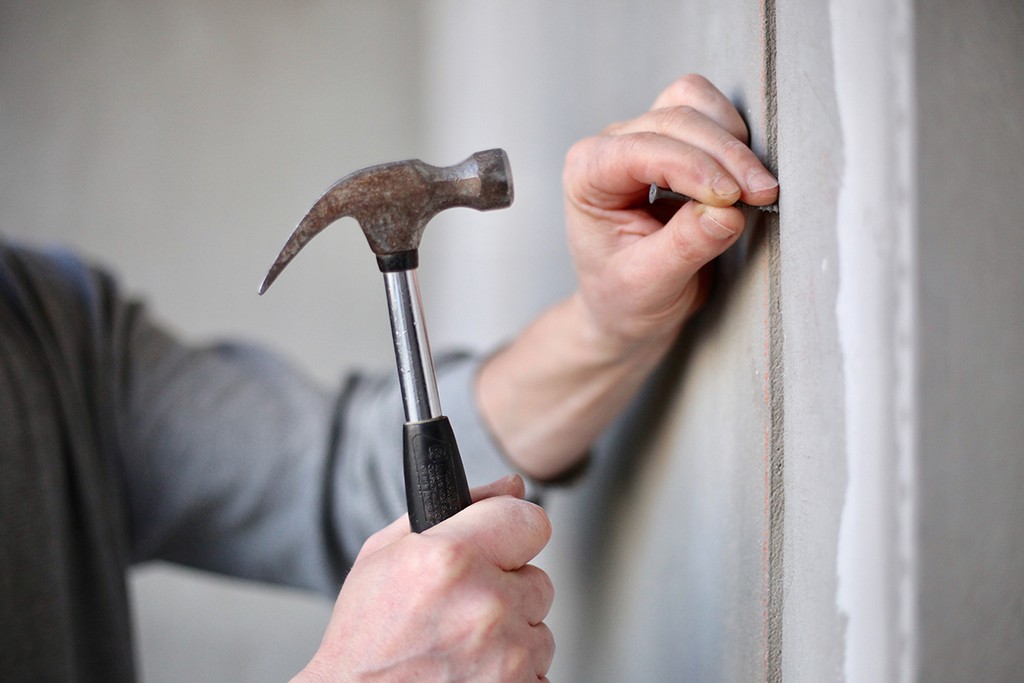Property maintenance for landlords has two main goals – protecting your investment and keeping your tenants happy.
Neglecting property maintenance is a risky business that can be expensive while finding new tenants is costly and time-consuming.
Handing the job to a letting agent or settling for DIY property maintenance is the first choice, but there are several other crucial points to consider as well.
At Oasis, landlords can get a free handyperson visit each month for repairs that cost £40 or less.
If our professional can fix the problem, there’s no charge, and we’ll send you an update with a video or photos so you can see what we’ve done. Find out more here.
If you want to find a contractor for a bigger job, here are some hints and tips that could save you money.
How to find the right contractor
Don’t rush into deciding who to appoint as a contractor. You can always cover an emergency with a call-out and follow-up with a more durable repair.
If you don’t know a reliable builder, you can:
- Ask other landlords in the neighbourhood for recommendations
- Search online through the Which? Trusted Traders portal or trade bodies like GasSafe or the Federation of Master Builders. These traders should be well-established, referenced and have insurance to cover any mishaps
- Ask a tradesman you know if they have any reliable contacts
Get three quotes and chat with each contractor for a feel of how you will get on.
A detailed schedule detailing precisely what work the contractor should carry out is essential. The schedule lets you both know what to expect regarding what’s needed to complete the job, additional issues to consider, and the cost.
Your property maintenance responsibilities as a landlord
As a landlord, property maintenance is a legal obligation to keep the structure of the home in good repair, including:
- The walls, roof, foundations, drains, guttering and external pipes, windows and external doors
- Basins, sinks, baths, toilets and their pipework
- Water and gas pipes, electrical wiring, water tanks, boilers, radiators, gas fires, fitted electric fires and fitted heaters
Landlords must bear the total cost of maintaining the building. This obligation also passes on to common parts of a shared home, like the hallways and stairs.
By law, the landlord must carry out some other safety checks, like:
- A gas safety check every year
- An electrical installation report every five years
- An Energy Performance Certificate every ten years
Check, check and check again
Always thoroughly check a property before a tenant moves in. Catalogue the home’s state on an inventory you both sign and date to avoid any dispute later.
The inventory is the basis of your evidence if the dispute goes to deposit protection arbitration.
Make sure you regularly check the home while the tenant is living there. Once every six months is the best interval and catches problems before they become disasters. The tenancy agreement should have a clause allowing these property maintenance checks and the notice you must give before expecting admission.
When the tenant moves out, make sure you check the property’s condition against their inventory.
Damp and condensation: Property Maintenance
Housing law lays down minimum standards a property must reach before letting.
You cannot rent out a home that has a serious damp problem or lacks ventilation. The Homes (Fitness for Human Habitation) Act 2019 makes dealing with damp a landlord’s responsibility if the issue arises from a maintenance problem.
Maintenance problems relate to poor ventilation, lack of insulation or inadequate heating.
Damp that impacts a tenant’s health is also a problem for a landlord, and can affect a home in three ways:
- Leaks and damaged pipes lead to penetrating damp. The causes are generally blocked gutters, leaks or missing roof tiles.
- Groundwater triggers rising damp by soaking into walls. Groundwater lies underground and fills gaps and cracks in a property’s foundations.
- Condensation can form on walls and windows when cold air meets hot air, which is often an everyday lifestyle issue that tenants can avoid by taking simple precautions. These include:
- Covering pans and using an extractor fan when cooking
- Not drying clothes indoors, especially on radiators
- Opening windows for ventilation
- Keeping heating on low during cold months
- Shutting doors in the kitchen and bathroom when cooking and showering
- Keeping vents unblocked
How quickly should a landlord make repairs?
How quickly a landlord responds to a tenant reporting a repair is needed depends on the work involved.
The law demands landlords take property maintenance seriously and sort them out within “a reasonable time” without defining how long that is.
Emergencies like a gas or water leak need a fast response, while a sticking door can wait longer.
Keeping your tenants informed
Put an information pack together that covers essential property maintenance.
The pack should include:
- Manuals for operating boilers, water heaters and white goods.
- Contact details for you or your contractors in case of an emergency.
- Tips on how to look after the property, including how to avoid damp and condensation
You can also make a space for the government’s How to Rent guide, which you must hand the renter at the start of the tenancy.
The folder is also handy for keeping other important documents, like deposit protection information, gas and electrical safety certificates and the Energy Performance Certificate.
Property maintenance for landlords and tax
The cost of any repair is a property business expense that a landlord can offset against tax on rental profits.
Keep the invoices and receipts and include them in your self-assessment return for the tax year when you paid the bill.
Looking for more property maintenance advice? Find out more on Getting Your Buy To Let Ready For Tenants.
Letting agents are a great aid in keeping your property running and profitable. Although not known very well, online letting agents offer greater value to landlords. With reduced service costs and no commissions, they have turned out as more affordable alternatives to high street agents. Moreover, unlike conventional agents, online letting agents provide landlords more control in their property matters. All this is considered in this digital technology era; an online letting agent is just your real-estate business needs. If you are facing property maintenance issues or looking for a reliable online letting agent then contact us today.




















